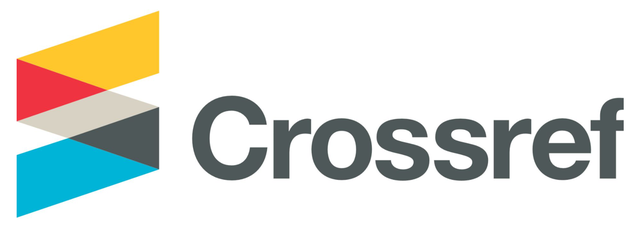

3078-5677






Google Scholar
CrossRef
Index Copenius
OpenAIRE
Zenodo
J-Gate
Bushra Jesmin Trisha
Sudip Das
Ritu Ghosh
Feni University, Bangladesh
Abstract
Higher education institutions adopt Outcome-Based Education (OBE) as their main approach because this model directly links educational instruction to discernible student achievements. This research studies how outcome-based education functions in English program delivery at Bangladeshi rural institutions, specifically by examining multilingual educational strategies alongside teaching obstacles faced by these institutions. The research involved interviews and surveys with 19 English teachers who worked at Feni University and Khwaja Yunus Ali University to analyse teacher perceptions of OBE and the barriers to implementation resulting from resource limitations. Teachers demonstrate solid theoretical knowledge about OBE yet face an appreciable disconnect when aiming to implement it in their teaching practices. The main obstacles in implementing OBE are insufficient staff training opportunities, weak organisational backing, and assessment practices not matching educational goals. The research presents new prospects, including increased interest in multilingual education, peer teaching, and educational program development. The study recommends appropriate solutions for blending OBE into diverse educational situations that lack resources and require institutions to invest in continuous teacher training and inclusive educational practices.
Keywords
Multilingual pedagogy, institutional support, curriculum implementation, assessment practices, educational reform, pedagogical challenges, language diversity